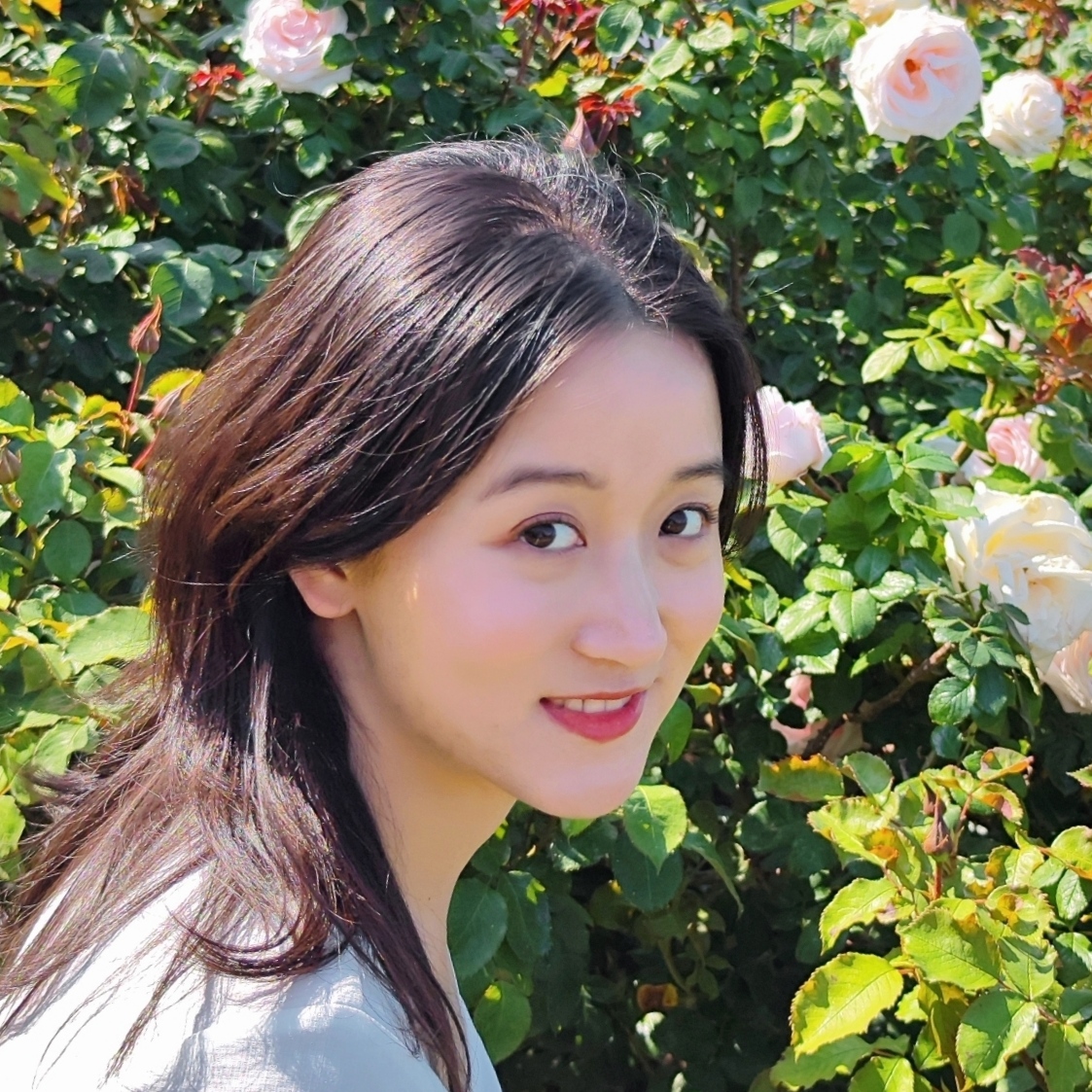Kayla Keyue Chen | 陈珂月

Hello! My name is Kayla, or Keyue Chen (陈珂月). I am currently pursuing my fourth year as a PhD student in the Department of Linguistics, within the Division of Psychology and Language Sciences at University College London. I work with Dr. Wing-Yee Chow and Dr. Andrea Santi on psycholinguistics and sentence processing.
My current research investigates (1) how comprehenders generate and update real-time predictions about upcoming language, and (2) the potential costs associated with prediction violations. To address these questions, I have employed a range of methods, including reaction time measurements, visual-world eye tracking, mouse tracking, pupillometry, and event-related potentials.
Before starting my PhD, I worked briefly as a research assistant at Beijing Normal University under the mentorship of Dr. Taomei Guo. I completed my undergraduate studies at Nankai University, where I was supervised by Dr. Quansheng Xia.
You can find my publications, conference presentations, teaching, and CV here. I also share my recent publications and tutorials in posts. Don’t hesitate to reach out to me through the contact methods you’ll find at the bottom of this page. I’m always happy to talk about research. Looking forward to hearing from you!
news
| Jul 18, 2025 | I passed my PhD viva today! 🎉🎉🎉 |
|---|---|
| Mar 13, 2025 | I’ll be presenting two posters at HSP 2025 on the mechanisms of prediction revision: one using visual-world eye-tracking and the other using ERP. I’ll be in Session 2 (Friday, 10 AM). See you there! |
| Nov 19, 2024 | I’m honoured to receive the Chinese Student Award from the Great Britain China Educational Trust. |